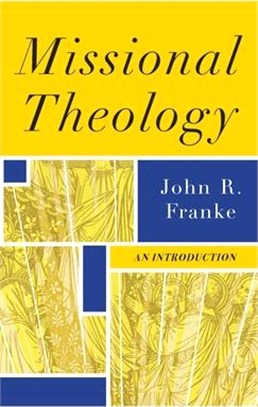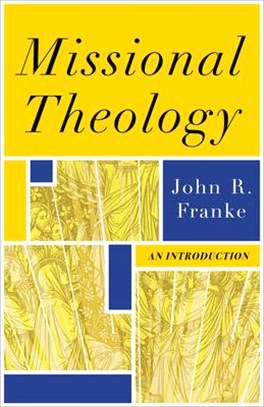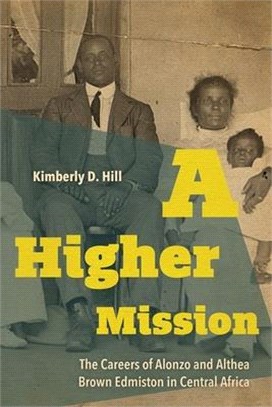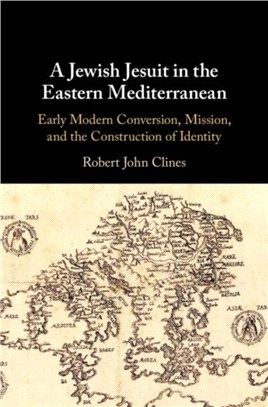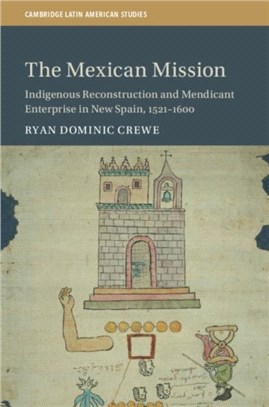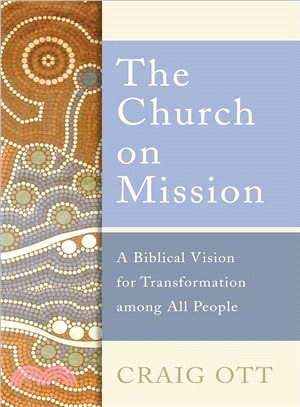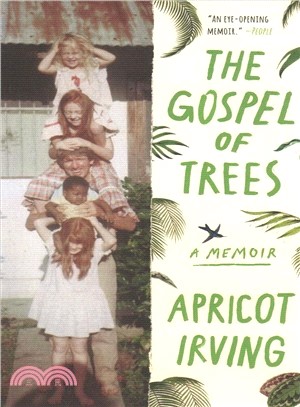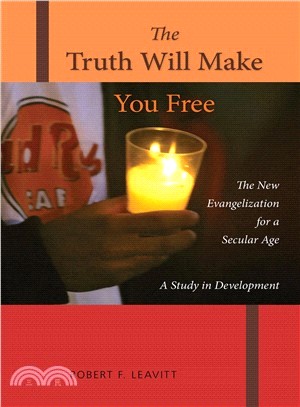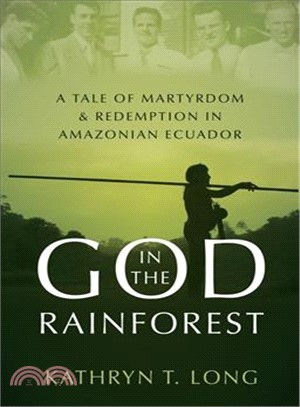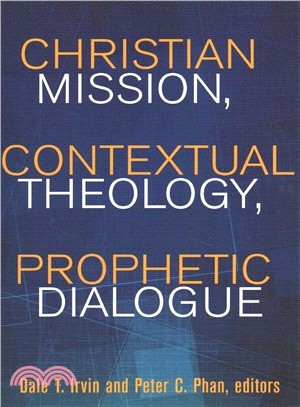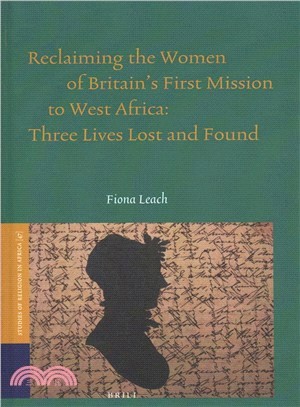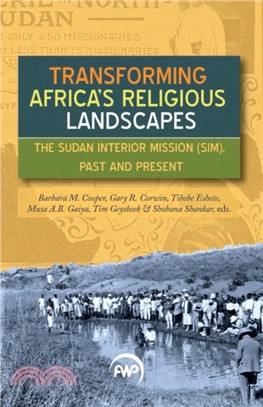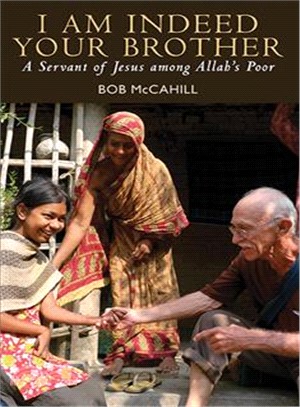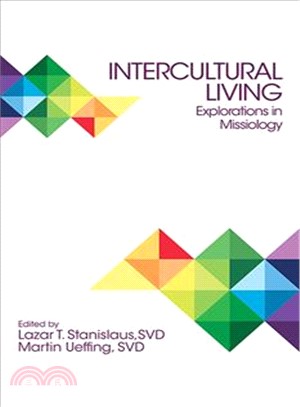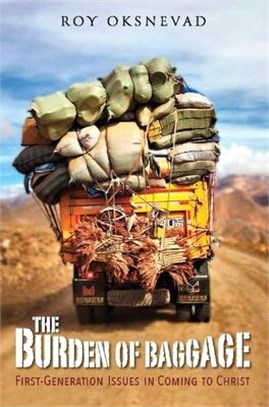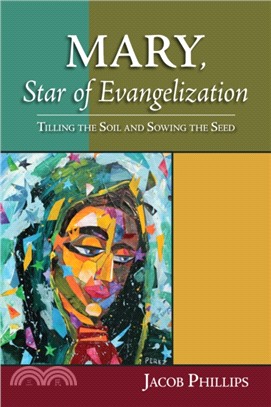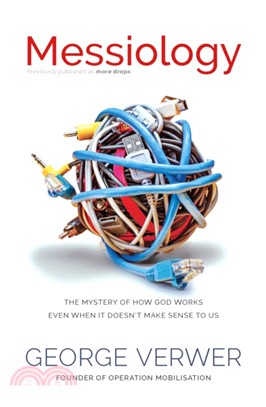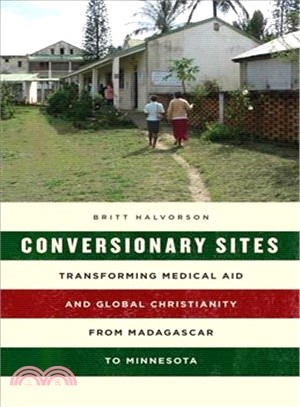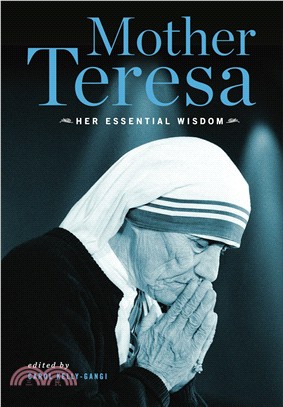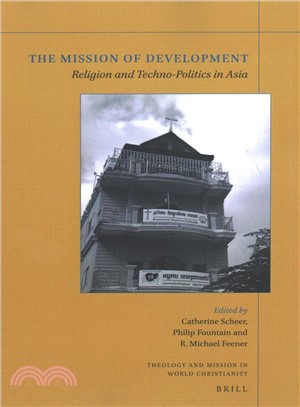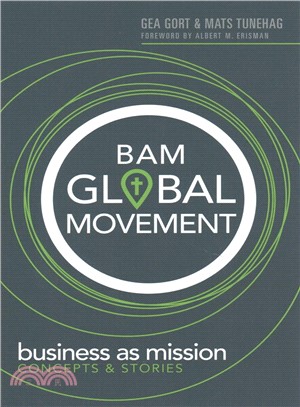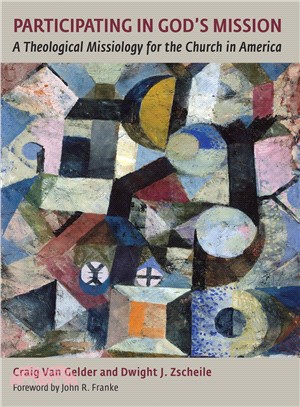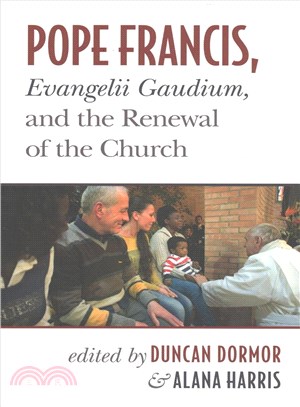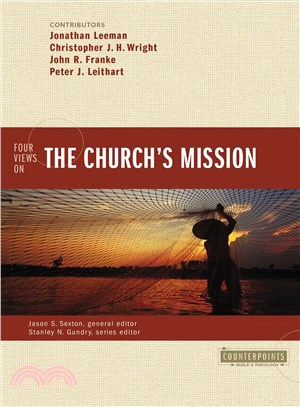優惠價:
1
2399
無庫存
優惠價:
1
1334
無庫存
優惠價:
1
3480
無庫存
優惠價:
1
3575
無庫存
優惠價:
1
1624
無庫存
若需訂購本書,請電洽客服 02-25006600[分機130、131]。
優惠價:
1
1710
無庫存
若需訂購本書,請電洽客服 02-25006600[分機130、131]。
優惠價:
1
990
無庫存
出版日:2019/06/15
作者:John G. Flett (EDT);
David W. Congdon (EDT);
Stephen Bevans (CON);
James Brownson (CON);
Eberhard Busch (CON)
出版社:Fortress Academic
裝訂:精裝
若需訂購本書,請電洽客服 02-25006600[分機130、131]。
若需訂購本書,請電洽客服 02-25006600[分機130、131]。
優惠價:
1
1276
無庫存
優惠價:
1
1328
無庫存
優惠價:
1
630
無庫存
優惠價:
9
1823
無庫存
優惠價:
1
1800
無庫存
若需訂購本書,請電洽客服 02-25006600[分機130、131]。
若需訂購本書,請電洽客服 02-25006600[分機130、131]。
優惠價:
95
1828
無庫存
優惠價:
1
900
無庫存
優惠價:
1
950
無庫存
優惠價:
1
1125
無庫存
優惠價:
1
1800
無庫存
優惠價:
1
816
無庫存
優惠價:
9
1997
無庫存
優惠價:
95
1495
無庫存
若需訂購本書,請電洽客服 02-25006600[分機130、131]。
優惠價:
79
299
無庫存
出版日:2018/05/24
作者:Catherine Scheer (EDT);
Philip Fountain (EDT);
R. Michael Feener (EDT)
出版社:Brill Academic Pub
裝訂:平裝
若需訂購本書,請電洽客服 02-25006600[分機130、131]。
優惠價:
1
1123
無庫存
若需訂購本書,請電洽客服 02-25006600[分機130、131]。
出版日:2018/01/25
作者:Robert Aleksander Maryks (EDT);
S. J. Festo Mkenda (EDT)
出版社:Brill Academic Pub
裝訂:精裝
若需訂購本書,請電洽客服 02-25006600[分機130、131]。
優惠價:
79
1231
無庫存
優惠價:
1
1798
無庫存
出版日:2017/10/24
作者:Jonathan Leeman (CON);
Christopher J. H. Wright (CON);
John R. Franke (CON);
Peter J. Leithart (CON);
Jason S. Sexton (EDT)
出版社:Zondervan
裝訂:平裝
優惠價:
1
646
無庫存
若需訂購本書,請電洽客服 02-25006600[分機130、131]。
若需訂購本書,請電洽客服 02-25006600[分機130、131]。



